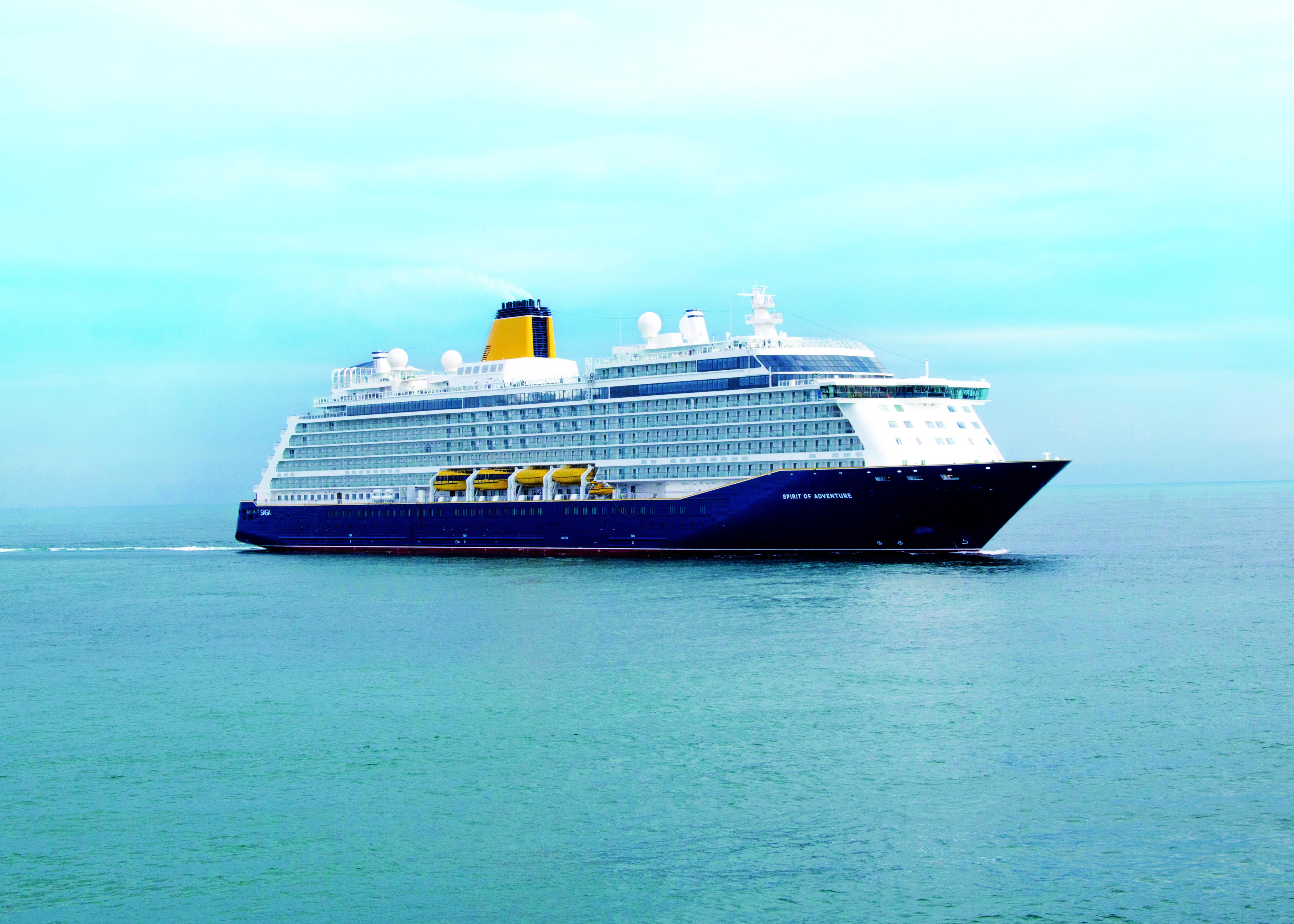Cruise control: Saga's travel arm has ‘exceptional’ start to year
The over-50s specialist Saga says revenue from cruises is 14% higher. Is it time to buy?


Get the latest financial news, insights and expert analysis from our award-winning MoneyWeek team, to help you understand what really matters when it comes to your finances.
You are now subscribed
Your newsletter sign-up was successful
Want to add more newsletters?

Twice daily
MoneyWeek
Get the latest financial news, insights and expert analysis from our award-winning MoneyWeek team, to help you understand what really matters when it comes to your finances.

Four times a week
Look After My Bills
Sign up to our free money-saving newsletter, filled with the latest news and expert advice to help you find the best tips and deals for managing your bills. Start saving today!
Saga, the over-50s travel and financial services specialist, says it has had an "exceptional" level of bookings for its cruise business during the first four months of 2024, which leaves its profits and revenues on track for the full year.
The London-listed firm, which went public in 2014, says bookings for its ocean and river cruises have been buoyant, with revenues 14% higher as more passengers bought tickets for one of their excursions.
Saga said that booked load factors - a gauge used by travel companies to tell how many available rooms have been filled by passengers - were 83% for its ocean cruises and 78% for its river business.
MoneyWeek
Subscribe to MoneyWeek today and get your first six magazine issues absolutely FREE

Sign up to Money Morning
Don't miss the latest investment and personal finances news, market analysis, plus money-saving tips with our free twice-daily newsletter
Don't miss the latest investment and personal finances news, market analysis, plus money-saving tips with our free twice-daily newsletter
Saga, which began life in 1950, when its founder Sidney de Haan bought a hotel in Folkestone and started selling packaged holidays to pensioners, sells all-inclusive cruises as well as group tours and holidays to destinations around the world. It bought its first cruise ship in the 1990s.
Mike Hazell, group chief executive officer, says: "Saga has made a good start to the new financial year. Our ocean cruise business has traded exceptionally well.”
However, the company highlighted that conditions are still far from optimal in the insurance sector, with inflation continuing to impact costs.
Hazell added: “In insurance, we have continued to take actions within a market which remains challenging. Looking ahead, we are focused on driving sustainable business growth in a capital-light way, while growing our customer base and deepening our connections with those customers."
Saga sells insurance to over 50s including car, home, travel and health cover.
The wider insurance sector has been affected in recent years by inflation pushing up the cost of claims, piling pressure on businesses that have to pay out compensation for policyholders.
Saga's cruise and travel arms returned to profit in 2023. Preliminary annual results published in April showed the group's ocean cruise arm generated an underlying pre-tax profit of £35.5 million. This compared to a £700,000 loss during the previous year.
Meanwhile, the firm's insurance arm saw its total underlying pre-tax profit fall 53% to £38.4 million in 2023.
Although Saga has had a difficult few years, its brand is well trusted by its main market, the over-50s, and the size of that market is growing steadily. According to the latest UK census figures, the number of over-65s in the UK and Wales has reached record levels.
And unlike other market segments, the wealth of the over-50s is booming. One in four pensioners in Britain is now a millionaire thanks to soaring property and pension values, according to government data.
Get the latest financial news, insights and expert analysis from our award-winning MoneyWeek team, to help you understand what really matters when it comes to your finances.
Chris is a freelance journalist, and was previously an editor and correspondent at the Financial Times as well as the business and money editor at The i Newspaper. He is also the author of the Virgin Money Maker, the personal finance guide published by Virgin Books, and has written for the BBC, The Wall Street Journal, The Independent, South China Morning Post, TimeOut, Barron's and The Guardian. He is a graduate in Economics.
-
 Should you buy an active ETF?
Should you buy an active ETF?ETFs are often mischaracterised as passive products, but they can be a convenient way to add active management to your portfolio
-
 Power up your pension before 5 April – easy ways to save before the tax year end
Power up your pension before 5 April – easy ways to save before the tax year endWith the end of the tax year looming, pension savers currently have a window to review and maximise what’s going into their retirement funds – we look at how
